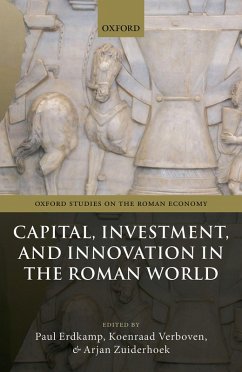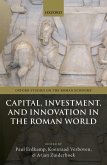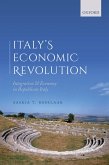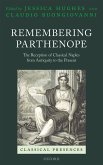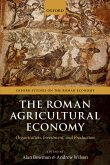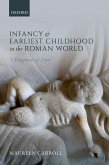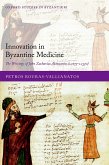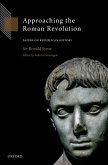Investment in capital, both physical and financial, and innovation in its uses are often considered the linchpin of modern economic growth, while credit and credit markets now seem to determine the wealth - as well as the fate - of nations. Yet was it always thus? The Roman economy was large, complex, and sophisticated, but in terms of its structural properties did it look anything like the economies we know and are familiar with today? Through consideration of the allocation and uses of capital and credit and the role of innovation in the Roman world, the individual essays comprising this volume go straight to the heart of the matter, exploring such questions as how capital in its various forms was generated, allocated, and employed in the Roman economy; whether the Romans had markets for capital goods and credit; and whether investment in capital led to innovation and productivity growth. Their authors consider multiple aspects of capital use in agriculture, water management, trade, and urban production, and of credit provision, finance, and human capital, covering different periods of Roman history and ranging geographically across Italy and elsewhere in the Roman world. Utilizing many different types of written and archaeological evidence, and employing a range of modern theoretical perspectives and methodologies, the contributors, an expert international team of historians and archaeologists, have produced the first book-length contribution to focus exclusively on (physical and financial) capital in the Roman world; a volume that is aimed not only at specialists in the field, but also at economic historians and archaeologists specializing in other periods and places.
Dieser Download kann aus rechtlichen Gründen nur mit Rechnungsadresse in A, B, BG, CY, CZ, D, DK, EW, E, FIN, F, GR, HR, H, IRL, I, LT, L, LR, M, NL, PL, P, R, S, SLO, SK ausgeliefert werden.

